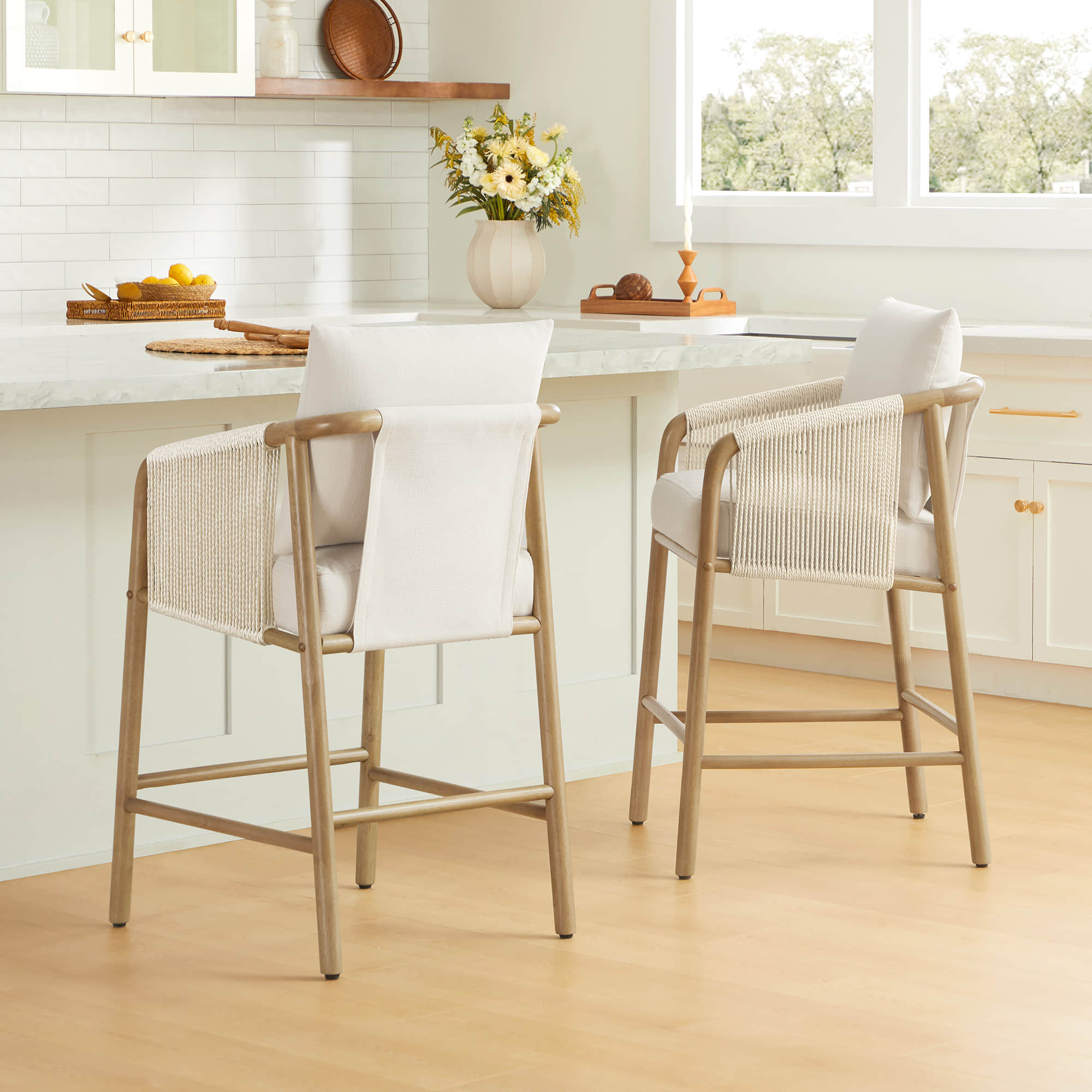Transform Your Dining Experience: Discover the Perfect Chairs That Will Make You Never Want to Leave the Table!
Dining chairs are more than just functional pieces of furniture; they play a pivotal role in enhancing the overall dining experience. The right chairs can elevate the comfort, style, and functionality of your dining area, making every meal feel special. Whether you're hosting a dinner party, enjoying a casual family meal, or simply sipping coffee in the morning, the chairs you choose can significantly impact how you and your guests feel during these moments. In this article, we will explore the various aspects to consider when searching for the perfect dining chairs, ensuring that your dining space reflects both your personality and your lifestyle.

Understanding Your Dining Space
Before diving into the world of dining chairs, it's essential to assess your dining area thoroughly. Start by considering the size and shape of your space. A compact dining nook may benefit from smaller, more streamlined chairs, while a spacious dining room can accommodate larger, more statement-making options. Additionally, take note of the existing decor—are your walls painted in bold colors or soft pastels? Do you have a rustic or modern theme? Measuring your space is crucial; ensure there’s enough room to move around comfortably without overcrowding. Don't forget about the height of your dining table; most dining chairs should have a seat height that allows for comfortable dining without straining. Taking these factors into account will help you make an informed decision and find chairs that harmonize with your environment.
Types of Dining Chairs
When it comes to dining chairs, there are several styles to choose from, each offering unique benefits. Traditional chairs often feature intricate designs and warm wood tones, providing a classic feel that never goes out of style. Modern chairs, on the other hand, boast sleek lines and minimalist designs, perfect for contemporary spaces. Upholstered chairs add an extra layer of comfort, allowing for longer dining experiences, while minimalist options offer a clean look that can make a space feel larger. Each type has its pros and cons; for instance, while upholstered chairs are cozy, they may require more maintenance. By understanding the various styles available, you can identify which aligns best with your taste and needs.
Materials and Durability
The material of your dining chairs significantly impacts their durability and maintenance. Wood chairs are timeless and sturdy, making them a popular choice; however, they can be prone to scratches and need occasional refinishing. Metal chairs provide a modern aesthetic and are incredibly durable, but they may lack the warmth of wood. Plastic chairs are lightweight and easy to clean, making them suitable for families with young children or casual dining. Upholstery adds comfort but can be more challenging to maintain, particularly in households with pets. When choosing a material, consider your lifestyle—if you have small children or frequently entertain guests, a more durable and easy-to-clean option may be best.
Comfort and Ergonomics
Comfort should be a top priority when selecting dining chairs. Factors such as seat height, back support, and cushioning can greatly influence your dining experience. A chair that is too low or too high can lead to discomfort during meals. Testing chairs for comfort is essential; sit on them for a few moments to gauge their support. Ergonomics play a crucial role as well—look for chairs with a contoured back that supports your spine and offers proper posture. Some friends of mine recently replaced their dining chairs and were amazed at how much of a difference a comfortable chair made during their long family dinners. Prioritizing comfort ensures that everyone at your table can enjoy their time together.
Style and Aesthetic Considerations
The style of your dining chairs should complement the overall aesthetic of your dining area. Consider coordinating colors, patterns, and designs with your existing furniture. If your decor leans towards a modern vibe, sleek and understated chairs will fit right in. Alternatively, if you have a more eclectic space, feel free to mix and match styles for a unique look. A friend decorated her dining area with mismatched vintage chairs, creating a warm and inviting atmosphere that sparked conversation. Remember, your dining chairs should not only be functional but also reflect your personal style and enhance the overall ambiance of your dining space.
Choosing the Right Dining Chairs for Your Space
In summary, selecting the right dining chairs involves careful consideration of your dining space, chair types, materials, comfort, and style. The perfect chairs can transform your dining experience, making every meal enjoyable and memorable. Take your time in this process; after all, dining is not just about the food but also about the company and comfort. With thoughtful choices, you can find dining chairs that not only serve a purpose but also bring joy and style to your dining area. Happy chair hunting!











Comments